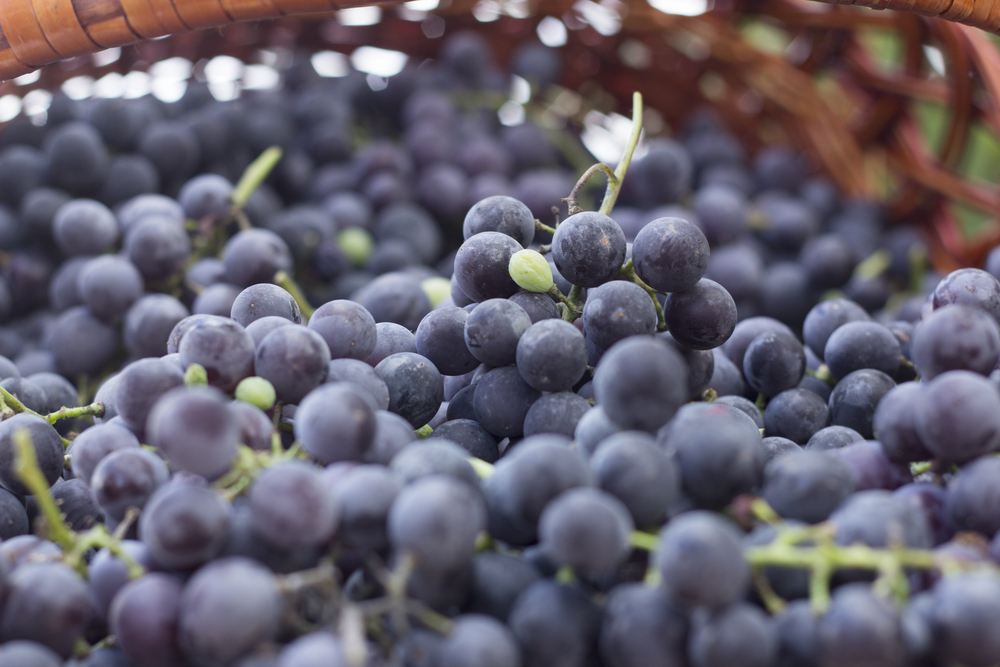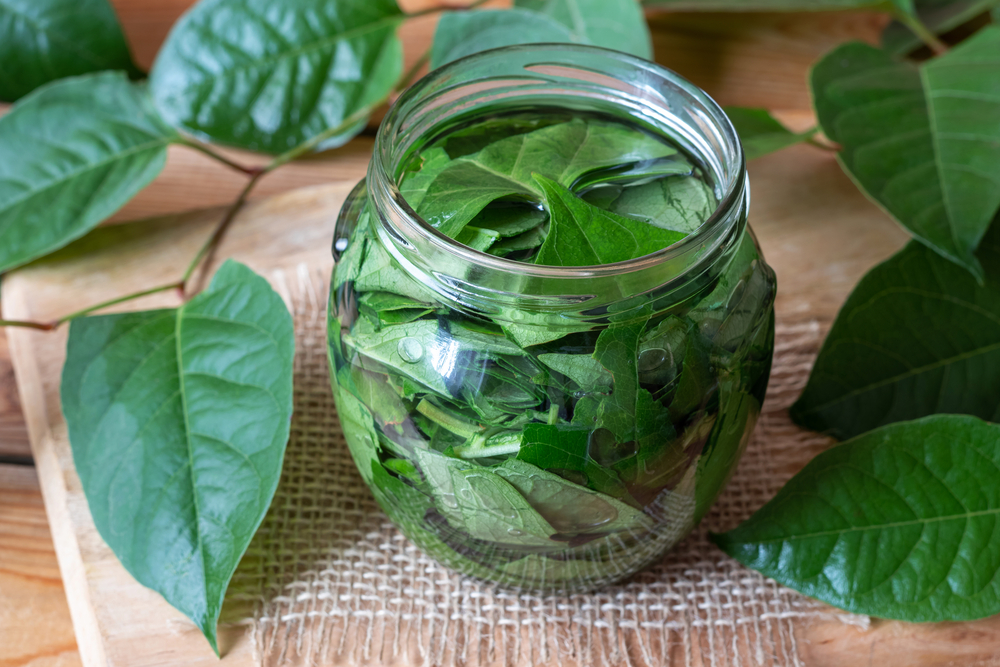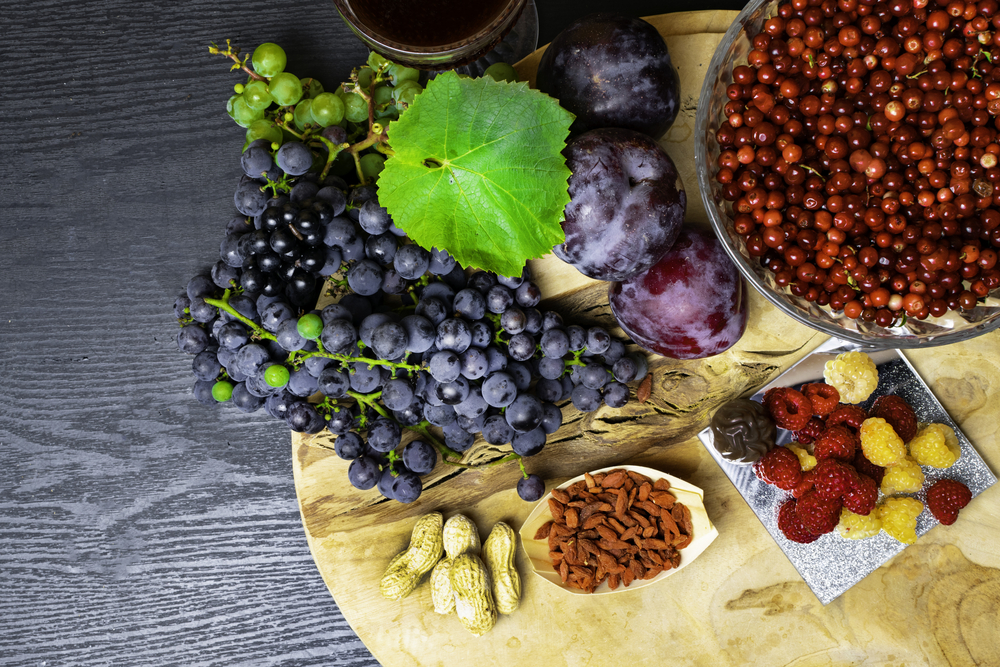
One of the most common natural sources of resveratrol is grapes, although the best source of resveratrol is not going to be grape juice or even plain grapes. The best natural source of resveratrol from grapes is wine, in particular red wine. Red wine is also the most potent source of resveratrol, because the skins of the grapes are left in during the fermentation process. The longer the grape skins are left in the fermenting process the more resveratrol is found in the substance, which is why red wine has a higher concentration than other wines.

Peanuts, in particular boiled peanuts, are another great source of resveratrol. Boiled peanuts yield about .35 to 2.13 mg per cup, while red grapes usually yield about .24 to 1.25 mg per cup.
Resveratrol as an antioxidant is used to help prevent three types of cancer, skin, prostate, and pancreatic. How resveratrol helps prevent these types of cancer is that the resveratrol is considered an anti-mutagen. The anti-mutagen is a compound that prohibits the mutation of healthy cells into cancerous growths and tumors. The way that resveratrol works as an anti-mutagen is that it attacks the mitochondria of the cell, by attacking the energy source of the cell the cell cannot transform.
Another use of the antioxidant resveratrol is as a way to help prevent heart disease. Using resveratrol as a way to prevent heart disease goes back to ancient Asian folk medicine. Ko-jo-kon, an ancient Asian folk medicine, is used to treat a variety of diseases that attack the blood vessels, heart, and liver. The main component of Ko-jo-kon is resveratrol. As an antioxidant it helps remove free radicals from the human body, which is how it helps prevent heart disease.
Resveratrol is also used as an anti-inflammatory, which is beneficial because taking a natural anti-inflammatory has no risk of side effects, even if taken on a regular basis. If you take a synthetic anti-inflammatory on a regular basis you can end up suffering some serious side effects. Resveratrol is also being studied so that it can be used as an anti-aging antioxidant, but it is also being studied for its effectiveness at treating Alzheimers.

Japanese knotweed is another natural resveratrol source, and it contains 187 mg/kg, which is more than any other natural source.
